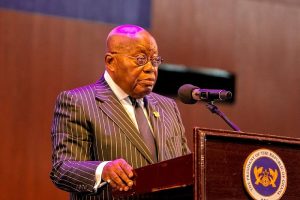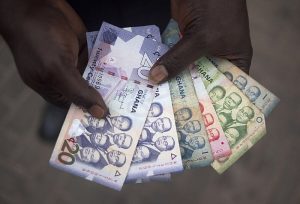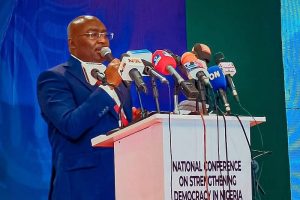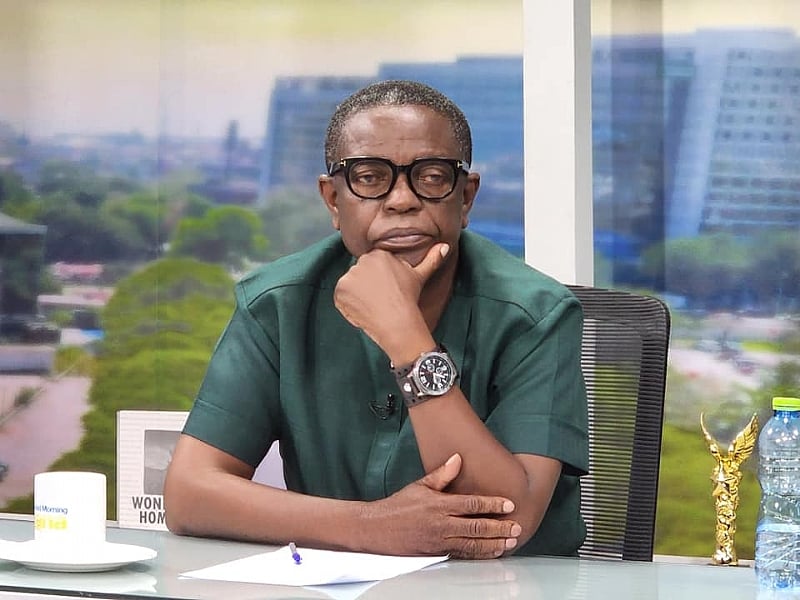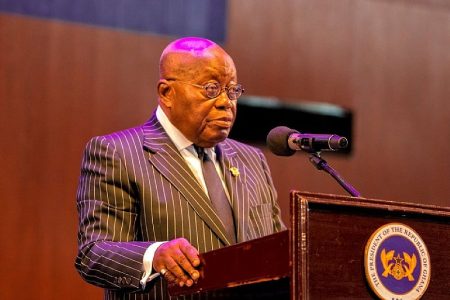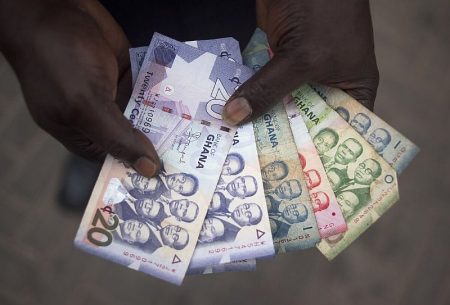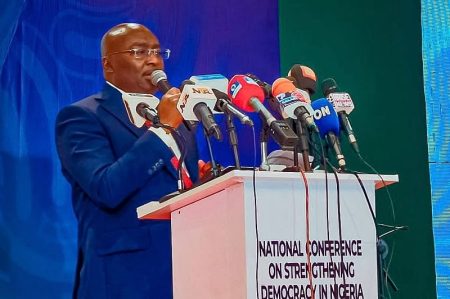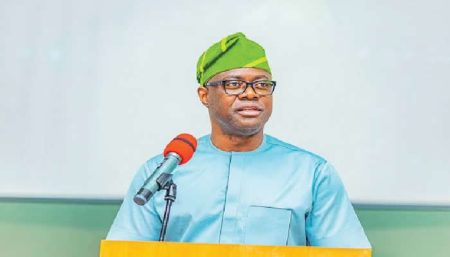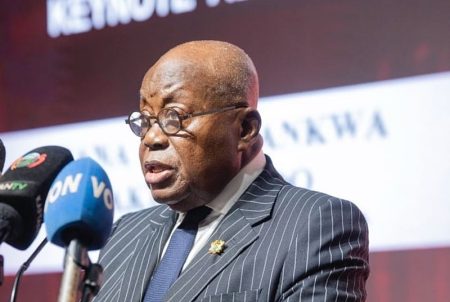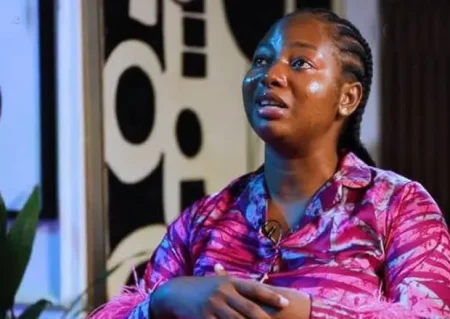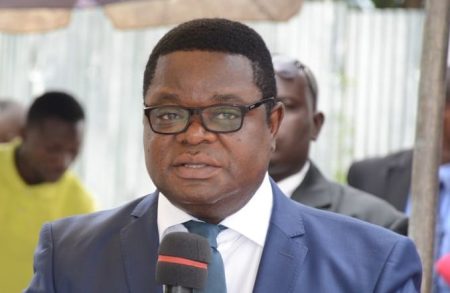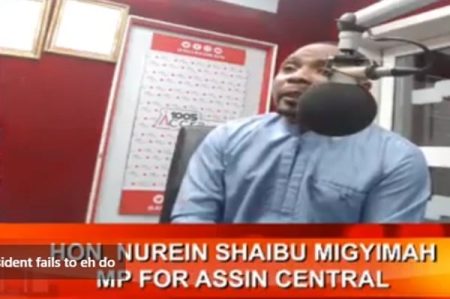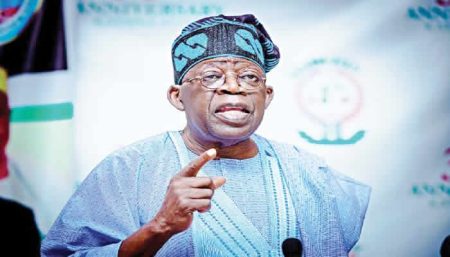The Council of State, a constitutional body in Ghana designed to advise the President on policy matters, has come under scrutiny by veteran journalist Kwesi Pratt Jnr. Pratt’s primary concern revolves around the potential for undue influence of wealth in determining membership, raising fears that financial clout might supersede merit and experience. He argues that the current structure allows for individuals with substantial financial resources, regardless of their experience or expertise in governance, to secure positions on the Council. This raises concerns about the quality of counsel provided to the President and the potential for the Council to be swayed by vested interests rather than the national good. This potential shift from a body of seasoned statesmen to one influenced by affluence poses a significant threat to the integrity and effectiveness of the Council.
Central to Pratt’s critique is the apprehension that the Council of State, intended to be a reservoir of wisdom and experience, risks becoming a platform for the wealthy, regardless of their qualifications. He highlights the possibility of young, inexperienced individuals with wealthy backgrounds gaining access to the Council, potentially sidelining individuals with extensive experience and a deeper understanding of governance. This undermines the very purpose of the Council, which is to provide informed and objective advice based on years of experience and a commitment to the nation’s well-being. The current structure, according to Pratt, creates a vulnerability to manipulation and reduces the Council’s ability to act as an independent and impartial advisory body.
Pratt underscores the critical role of the Council of State in mediating potential conflicts between the executive and legislative branches of government. He acknowledges its importance as a vital institution for resolving disputes and maintaining a balance of power. This role becomes even more critical in situations where political tensions escalate and threaten the smooth functioning of government. The Council’s ability to act as a neutral arbiter and offer reasoned counsel can prevent gridlock and ensure that national interests are prioritized. However, the effectiveness of the Council in performing this crucial function is directly linked to its credibility and the perceived impartiality of its members.
Further fueling Pratt’s concerns is the Council’s perceived inaction on previous controversies, particularly regarding appointments to the Electoral Commission. He cites instances where allegedly partisan appointments were made, prompting public outcry and petitions to the Council of State. However, the Council’s failure to address these concerns raises questions about its willingness or ability to act as a check on potential abuses of power. This inaction undermines public trust in the Council’s independence and its commitment to upholding the principles of fairness and transparency in Ghana’s electoral processes.
The implications of a Council of State perceived as susceptible to financial influence and lacking the resolve to address critical issues are far-reaching. Such a scenario erodes public trust not only in the Council itself but also in the broader governance framework. It creates an environment where decisions can be perceived as influenced by vested interests rather than the national good, leading to disillusionment and potentially undermining the stability of democratic institutions. A Council perceived as lacking independence loses its effectiveness as an advisory body and its ability to act as a check on executive power.
Therefore, Pratt’s concerns highlight the urgent need for reforms to ensure the Council of State’s credibility and independence. Strengthening the selection process to prioritize merit and experience over financial influence is crucial. Furthermore, enhancing transparency and accountability within the Council is essential to ensure public trust and confidence in its ability to fulfill its constitutional mandate. A robust and independent Council of State is essential for effective governance and plays a vital role in upholding the principles of democracy and ensuring the long-term stability of the nation.


